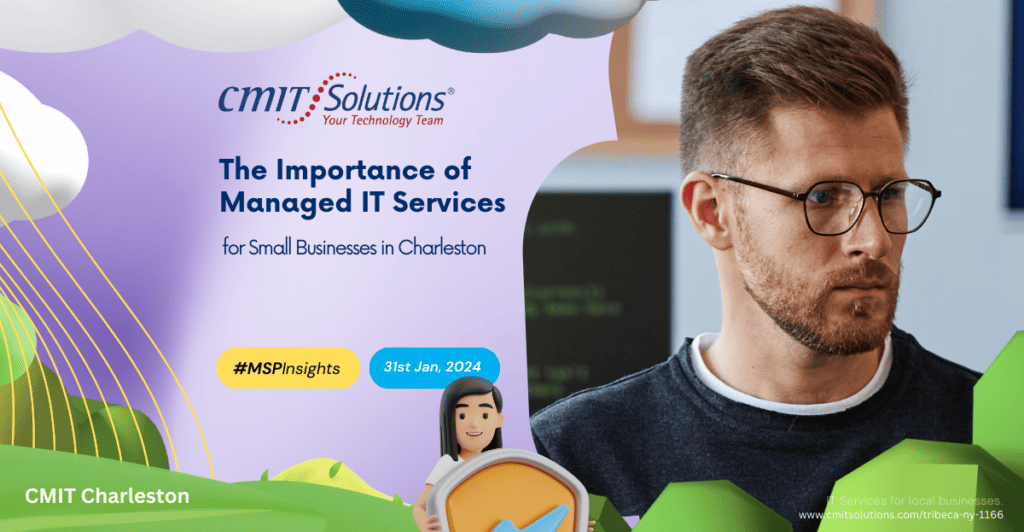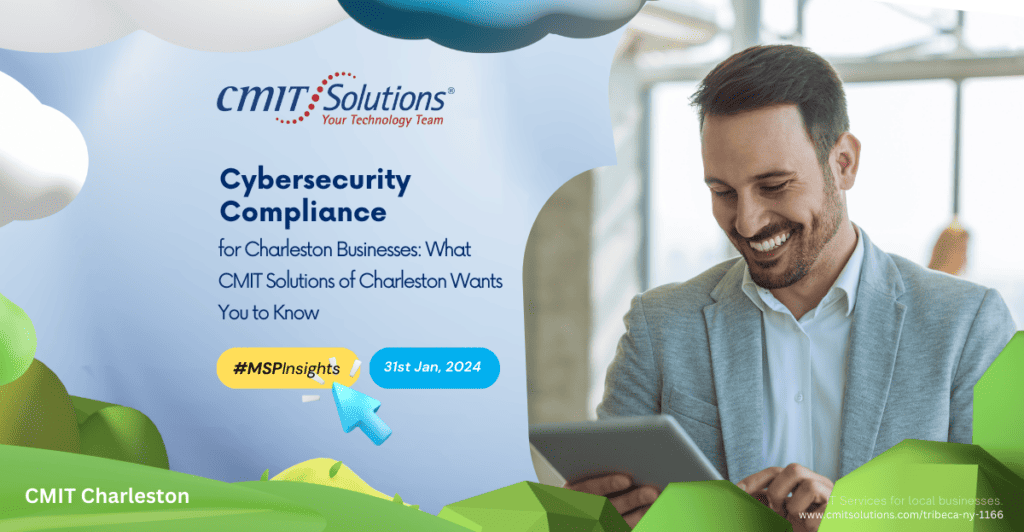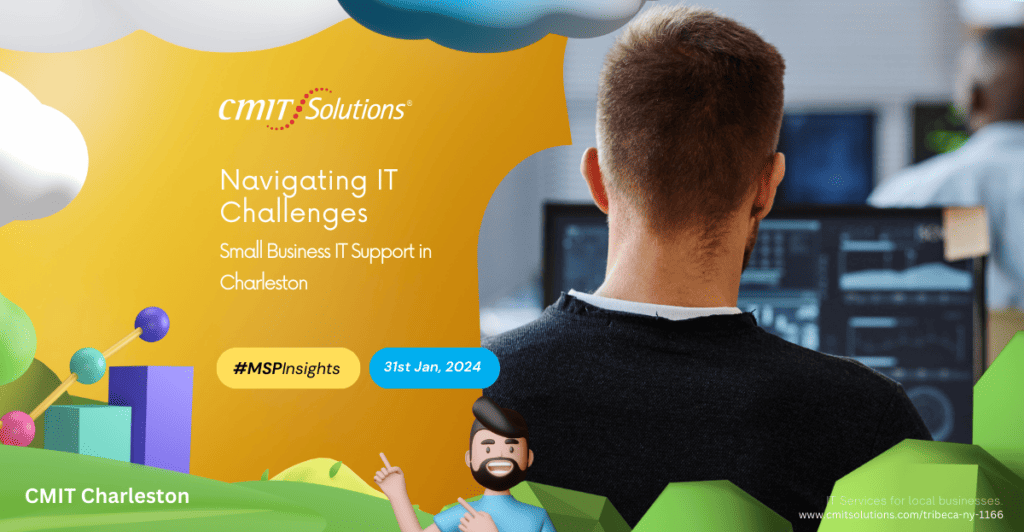Introduction to Managed Services and Traditional IT
In today’s rapidly evolving digital landscape, businesses are faced with critical decisions regarding their IT infrastructure. Managed Services and Traditional IT represent two distinct approaches to managing technology needs, each with its own set of advantages and considerations.“Masterarbeit schreiben lassen” As CMIT Solutions Charleston, a leading provider of IT services, we aim to delve deeper into these options to help businesses make informed choices.
Understanding the Core Differences
Managed Services involve outsourcing IT operations to a third-party provider, offering proactive monitoring, maintenance, and support for a fixed monthly fee. On the other hand, Traditional IT typically involves an in-house team responsible for managing all aspects of IT infrastructure, including hardware, software, and support.
Cost Comparison: Managed Services vs. Traditional IT
When comparing costs, it’s essential to consider both short-term expenses and long-term ROI. Managed Services often provide a more predictable cost structure, eliminating unexpected IT expenditures. In contrast, Traditional IT may involve higher upfront investments in infrastructure and personnel.
Scalability and Flexibility Considerations
Managed Services offer scalability, allowing businesses to easily adjust resources according to their evolving needs. This flexibility is particularly advantageous for companies experiencing growth or fluctuations in demand. Traditional IT may struggle to adapt quickly to changing requirements, potentially leading to inefficiencies or downtime.
Service Level Agreements (SLAs) in Managed Services vs. Traditional IT
SLAs outline the level of service a provider guarantees to deliver, including response times, uptime percentages, and resolution procedures. Managed Service providers like CMIT Charleston typically offer comprehensive SLAs, ensuring clients receive timely support and maintenance. Traditional IT may lack formal SLAs, leading to uncertainties regarding service quality and responsiveness.
Risk Management: Which Option Provides Better Security?
Security is a paramount concern for businesses in today’s cyber-threat landscape. Managed Service providers employ advanced security measures, such as real-time monitoring, threat detection, and data encryption, to mitigate risks effectively. Traditional IT may struggle to keep pace with emerging threats, potentially exposing businesses to vulnerabilities.
Accessibility and Availability of Support
One of the key advantages of Managed Services is the accessibility of support. Providers like CMIT Charleston offer 24/7 helpdesk support, ensuring prompt assistance whenever issues arise. In contrast, Traditional IT may face limitations in availability, especially during off-hours or holidays, potentially impacting business operations.
Integration with Existing Systems and Technologies
Efficient integration with existing systems is crucial for seamless operations. Managed Service providers possess expertise in integrating diverse technologies, ensuring compatibility and interoperability across the IT infrastructure. Traditional IT may encounter challenges in integrating new solutions, leading to disruptions or compatibility issues.
Predictable Budgeting with Managed Services
Predictable budgeting is a significant benefit of Managed Services, allowing businesses to allocate resources more efficiently. With fixed monthly fees, companies can plan and forecast IT expenditures with confidence. Traditional IT may involve unpredictable costs associated with hardware upgrades, software licenses, and personnel expenses.
Customization and Tailored Solutions
Every business has unique IT requirements that demand customized solutions. Managed Service providers offer tailored solutions designed to meet specific business needs, whether it’s cloud migration, cybersecurity enhancements, or software integration. Traditional IT may struggle to deliver bespoke solutions due to resource constraints or expertise limitations.
Compliance and Regulatory Considerations
Compliance with industry regulations and data protection laws is non-negotiable for businesses across various sectors. Managed Service providers like CMIT Charleston ensure compliance with regulatory requirements, implementing robust security measures and data management practices. Traditional IT may lack the expertise or resources to navigate complex compliance frameworks effectively.
Proactive Monitoring and Maintenance in Managed Services
Proactive monitoring and maintenance are hallmarks of Managed Services, helping prevent potential issues before they escalate into major disruptions. Through continuous monitoring, Managed Service providers identify and address vulnerabilities, ensuring optimal performance and uptime. Traditional IT may rely on reactive troubleshooting, leading to longer downtimes and productivity losses.
Reactive vs. Proactive Approach to IT Management
Managed Services adopt a proactive approach to IT management, focusing on prevention rather than reaction. By proactively addressing potential issues and vulnerabilities, Managed Service providers minimize downtime and enhance productivity. Traditional IT may adopt a reactive stance, addressing problems as they arise, which can lead to increased costs and disruptions.
Staffing Requirements: In-house IT Team vs. Managed Service Provider
Choosing between an in-house IT team and a Managed Service provider involves considering staffing requirements. While Traditional IT requires hiring and managing an internal IT team, Managed Services eliminate the need for in-house personnel, reducing HR overhead and administrative burdens.
Time Allocation: Focus on Core Business vs. IT Management
Outsourcing IT functions to Managed Service providers allows businesses to focus on core competencies and strategic initiatives. With IT responsibilities delegated to experts, company resources can be allocated more effectively, driving innovation and growth. In contrast, Traditional IT may divert valuable time and resources away from core business activities.
Adaptability to Technological Advancements
Staying ahead in today’s tech-driven landscape requires adaptability to technological advancements. Managed Service providers like CMIT Charleston stay abreast of emerging technologies, offering strategic guidance and implementation support. Traditional IT may struggle to keep pace with rapid technological changes, potentially falling behind competitors.
Vendor Management and Relationships
Managing multiple vendors and service providers can be complex and time-consuming. Managed Service providers streamline vendor management, serving as a single point of contact for all IT-related issues and inquiries. This simplifies communication, reduces administrative overhead, and enhances efficiency. Traditional IT may involve coordinating with multiple vendors independently, leading to coordination challenges and delays.
Disaster Recovery and Business Continuity Planning
Effective disaster recovery and business continuity planning are essential for mitigating risks and minimizing downtime. Managed Service providers implement robust backup and recovery solutions, ensuring data integrity and continuity of operations in the event of a disaster. Traditional IT may lack comprehensive disaster recovery protocols, leaving businesses vulnerable to data loss and prolonged outages.
Client Testimonials and Case Studies
Client testimonials and case studies provide valuable insights into the real-world impact of Managed Services. Hearing from satisfied clients like those served by CMIT Charleston highlights the benefits of outsourcing IT management, from cost savings and efficiency gains to enhanced security and peace of mind.
Conclusion: Making the Right Choice for Your Business
In conclusion, the decision between Managed Services and Traditional IT requires careful consideration of various factors, including cost, scalability, security, and support. While Traditional IT offers control and customization, Managed Services provide cost-effective solutions, proactive support, and access to specialized expertise. By partnering with a reputable Managed Service provider like CMIT Charleston, businesses can navigate the complexities of IT management and make the right choice for their long-term success.




